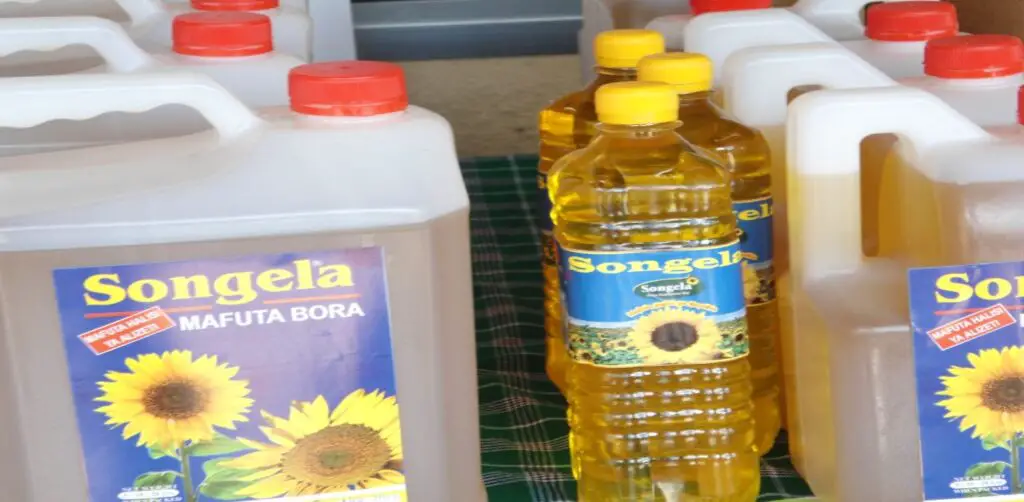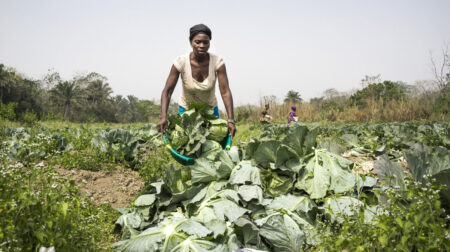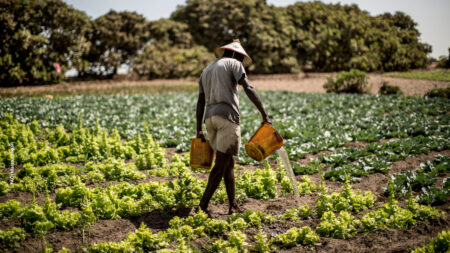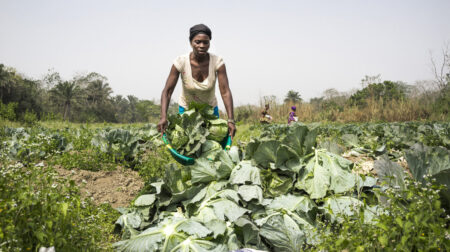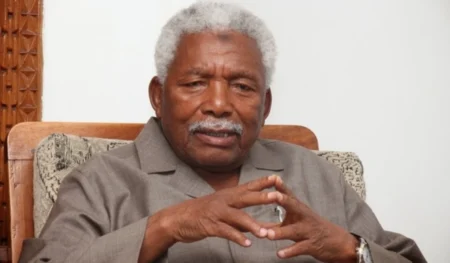- Chemba district targets to produce 100,000 tonnes of sunflower in 2022 to increase the country’s edible oil production
- Sunflower farming can combat climate change and the spread of drought in the African continent
- Chemba district commissioner, Hamisi Mkanachi, said that the government introduced the subsidised sunflower seeds last year, selling at US$3.03 per 2KG bag. In 2020, the same amount of seedling cost roughly US$17.30.
Farming in Tanzania
Chemba district is home to a demo farm in the capital city, Dodoma, by the government of Tanzania which is aimed at improving sunflower farming in the country.
Tanzania is the largest producer of sunflower seeds in the East African region, taking about 78 per cent of the market share in the region.
The director of Crop Development in the Ministry of Agriculture, Hussein Bashe, said that the farm would help the ministry increase productivity and capacity building for extension officers.
President Samia Suluhu Hassan had earlier given a directive that the ministry of agriculture should develop strategies to improve agricultural production.
Read: Crocodile farming in Africa: An untapped SME niche
“The government is aware of the challenges facing the agriculture sector, especially the shortage of fertiliser caused by a decline in production as a result of Covid-19,” President Samia said.
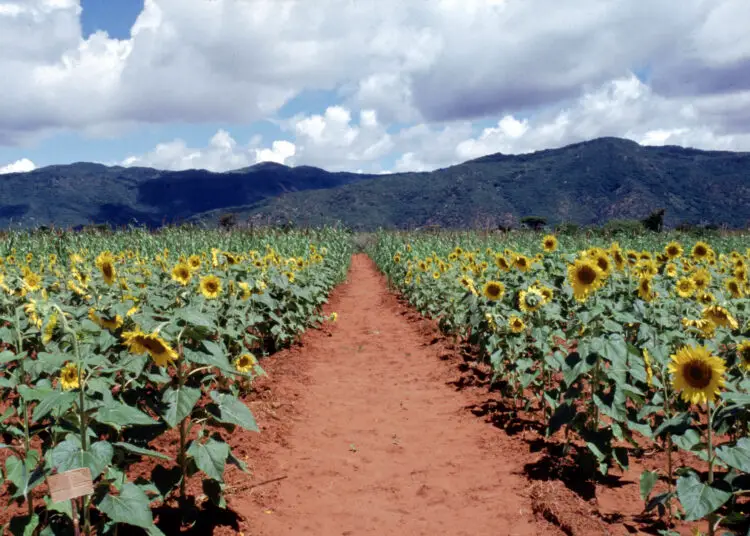
President Samia’s administration has plans to improve cotton farming, among other crops. The government has taken measures to improve sunflower production through an increased budget allocation for the Agricultural Seed Authority, up from Tsh.5.42 billion (US$2.3 million) in 2020-2021 to Tsh.10.8 billion (US$4.7 million) in 2021-2022.
In 2021, the government boosted the capacity of the Tanzania Agricultural Development Bank (TADB) by providing Tsh.208billon (US$90 million) to the bank to reach more farmers and finance them. It also empowered the National Food Reserve Agency (NFRA) to purchase 95,000 tonnes of maize from farmers.
Chemba district commissioner, Hamisi Mkanachi, said that the government introduced the subsidised sunflower seeds last year, selling at US$3.03 per 2KG bag. In 2020, the same amount of seedling cost roughly US$17.30.
“We have already received 11 tonnes of the improved subsidised sunflower seeds and have sold 4.7 of them. I call on farmers to buy the improved seeds to increase production in the district,” he said.
Chemba district authority has distributed 6KG of seeds to every extension officer in the district. In addition, they have also set aside 60 hectares of land under Chemba demo farms to train local farmers.
Sunflower farming can combat climate change and the spread of drought in the African continent. Sunflower favours warm and dry weather conditions. The cash crop can grow to a height of 4 meters with a robust root system that can go as deep as 2 meters in search of water and nutrients.
Read: Is Kenya planning to kill smallholder farming?
Many maize farmers in Africa are abandoning the crop for horticulture because sunflower can be grown twice a year, yet maize is grown once.
Tanzania sets to import fertiliser in efforts to improve agriculture in the country.
President Samia Suluhu said in her new year message that Tanzania plans to import fertiliser in the country to sell to farmers at standard prices.
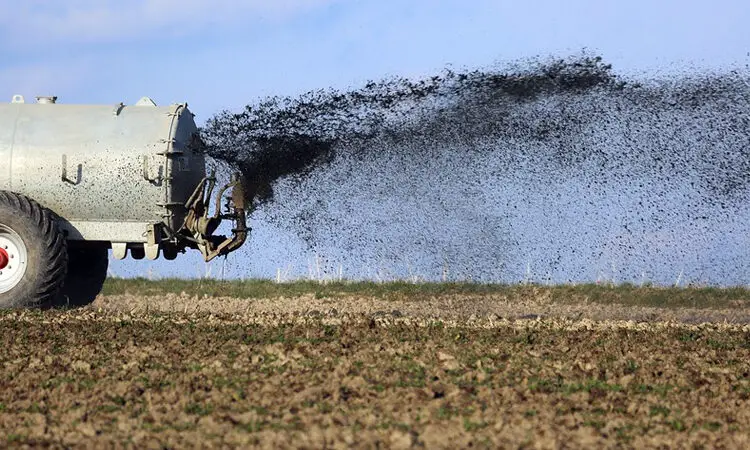
According to President Samia, Dangote industries limited has also intended to install a UREA fertiliser factory in the country.
What else can Tanzania do to boost Sunflower oil production?
- The ministry of agriculture should encourage farmers to adopt hybrid sunflower seeds that will increase the value output in the country.
- The government should create policies targeting to increase investment in sunflower farming. Currently, Tanzania no longer attaches VAT on agricultural processing equipment, including oil refining equipment used in sunflower oil production.
- Adopt a holistic approach for long term sunflower farming benefits. One way to achieve this is by encouraging small scale farmers to venture into farming the cash crop.
Read: Tying loose ends: Tanzania sisal farming recovery programme





